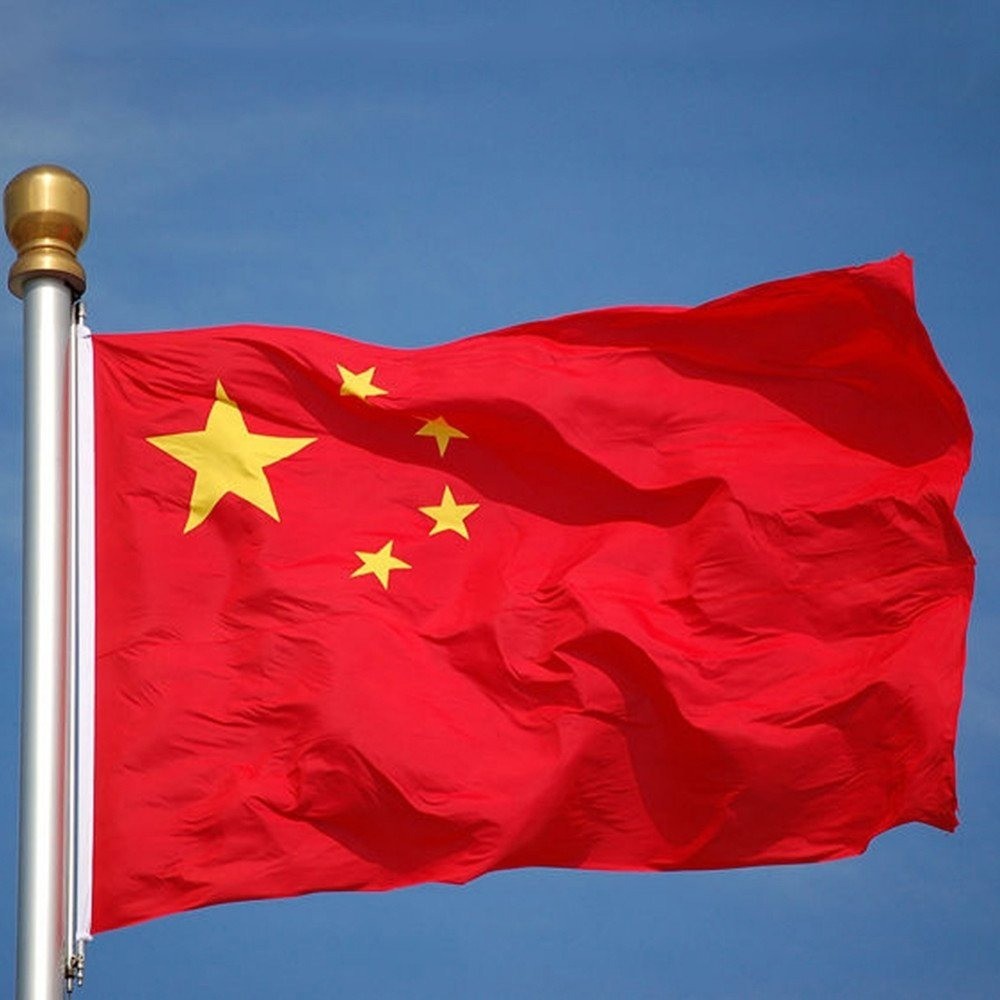The credit rating agency Moody’s today considered that the evolution of negotiations with China on debt relief will be decisive for ‘rating’ and warned that the diversity of creditors undermines restructuring.
“A more dispersed creditor base, including sovereign debt holders and a growing presence of Chinese creditors, has widened financing options for sub-Saharan African countries, but this dispersion is also complicating debt restructuring negotiations, including the liquidity relief in the context of the pandemic ”, warn the analysts.
In an analysis of sub-Saharan African countries – among which Moody’s analyzes the Portuguese-speaking countries Angola and Mozambique – sent to customers and to which Lusa had access, analysts write that, “due to the increasingly important role of Chinese banks as creditors in the region, its participation in future debt restructuring, and the final terms agreed will be decisive in the evolution of the credit profiles of several countries in this region ”.
In the note, Moody’s gives several examples of the non-transparent relations between Chinese banks and African governments, including with Angola, one of the Asian giant’s main partners in Africa.
“The lack of transparency, partly due to the confidentiality clauses in some contracts, and the disclosure about the amount of debt alleviated, complicate negotiations with other creditors regarding the liquidity relief”, say the analyst of this rating agency.
“In April, Angola announced that it was close to an agreement with Chinese creditors to postpone $ 7 billion in debt payments until 2022,” recalls Moody’s, admitting that “an extension of bilateral debt maturities, particularly due to banks Chinese investors, would bring significant liquidity relief in a context of low oil prices, weak tax revenues and a depreciated currency, which aggravated Angola’s large debt burden. ”
However, they warn, “since then there have been no further announcements, and debt relief negotiations have not yet been completed.”
The Debt Service Suspension Initiative (DSSI), launched by the G20 in April, with the support of the International Monetary Fund (IMF) and the World Bank, “proved to be small compared to total external debt service obligations, and covers only a small part of the external financing gap, ”says Moody’s.
The agency also notes that, so far, sub-Saharan African countries have not approached debt security holders to benefit from liquidity relief, except for Zambia, the consequence of which was the downgrading of the rating by the three rating agencies. financial notation, which warn that any attempt to restructure private debt would result in a deterioration of opinion on credit quality and, consequently, the departure from international markets due to the almost automatic rise in borrowing costs.
In the note on the consequences of the increased Chinese presence in the African financial system, Moody’s warns that “in recent years, the response of Chinese public banks to African countries that have faced liquidity pressures has not been uniform or transparent”.
Moody’s acknowledges that “there is evidence of some goodwill by Chinese creditors to renegotiate loans, relieve enormous budgetary and balance of payments pressures”, but still warns that “the lack of disclosure, consistency and predictability around the conditions of these restructuring means that the credit implications for African countries are less clear ”.
According to Moody’s data, by the end of 2019 Angola would have to pay around US $ 5.6 billion in payments on external debt this year, which represents about 8% of GDP.
The composition of Angola’s debt reveals that 51% of the debt is due to commercial creditors, mainly Chinese, while public debt issues represent less than 20% of the total, the rest being divided between bilateral (13%) and multilateral creditors. and suppliers (9% of the total each).



